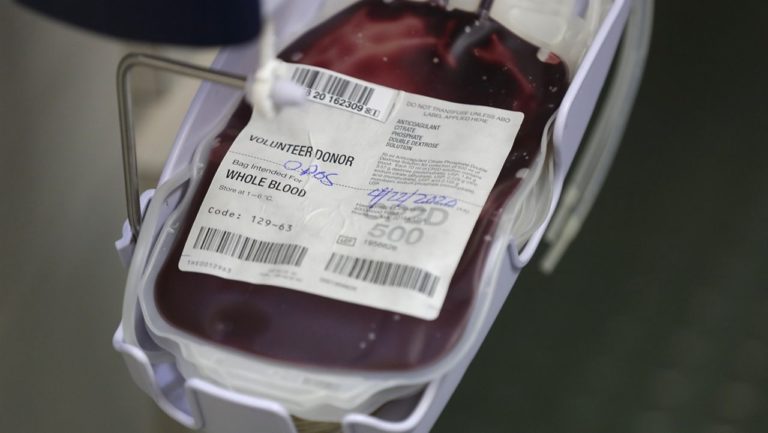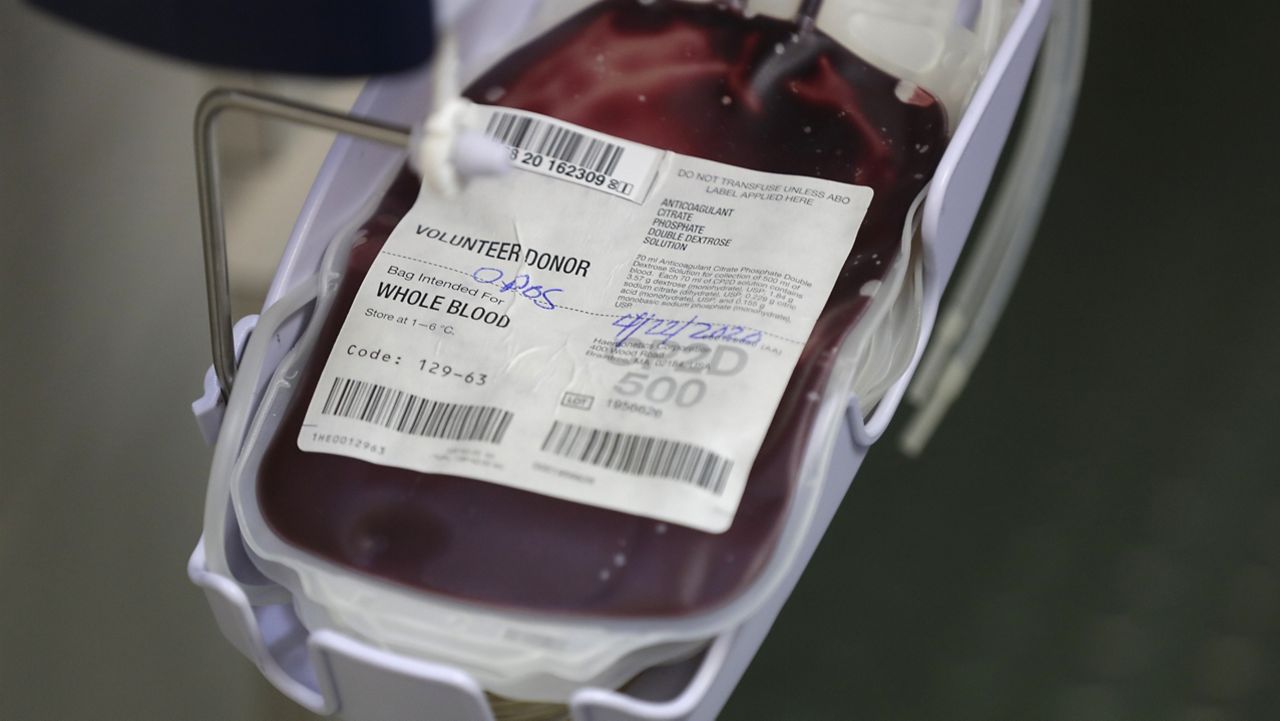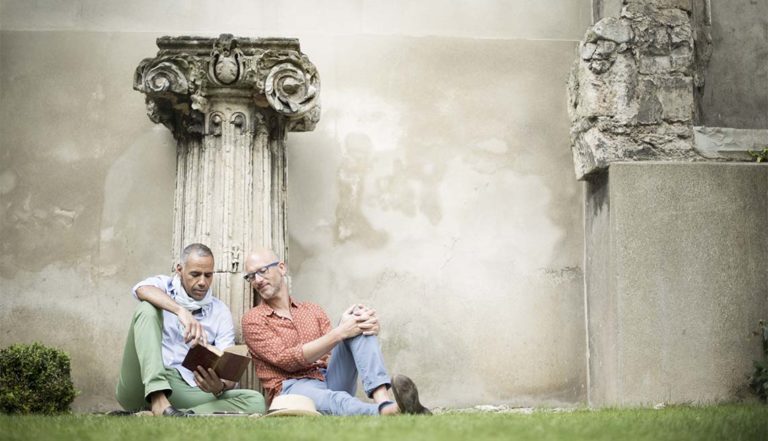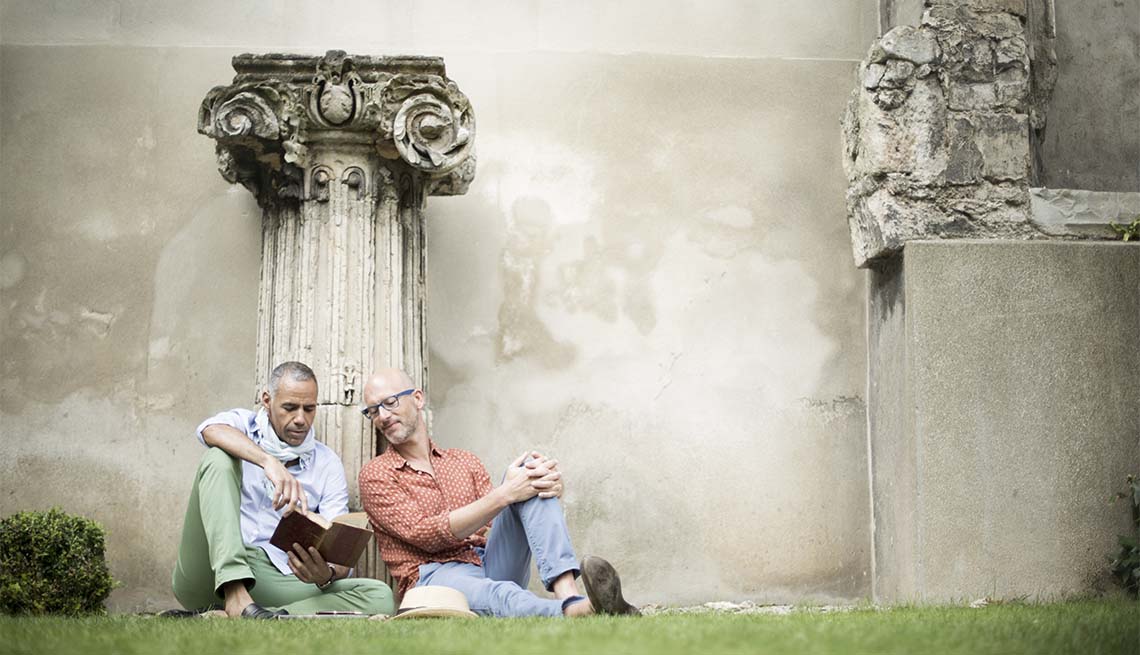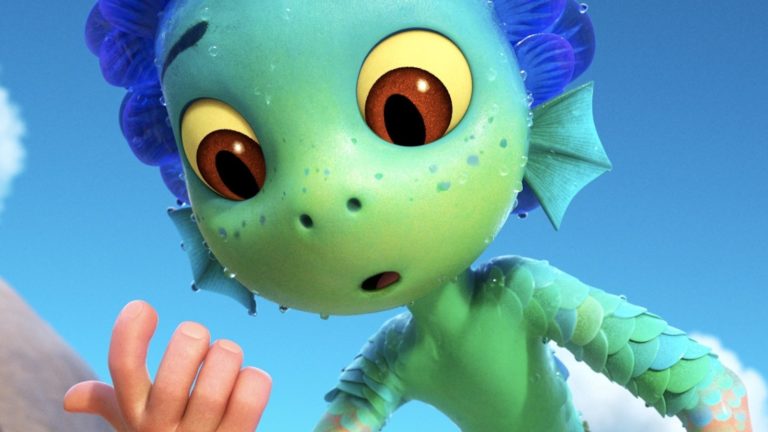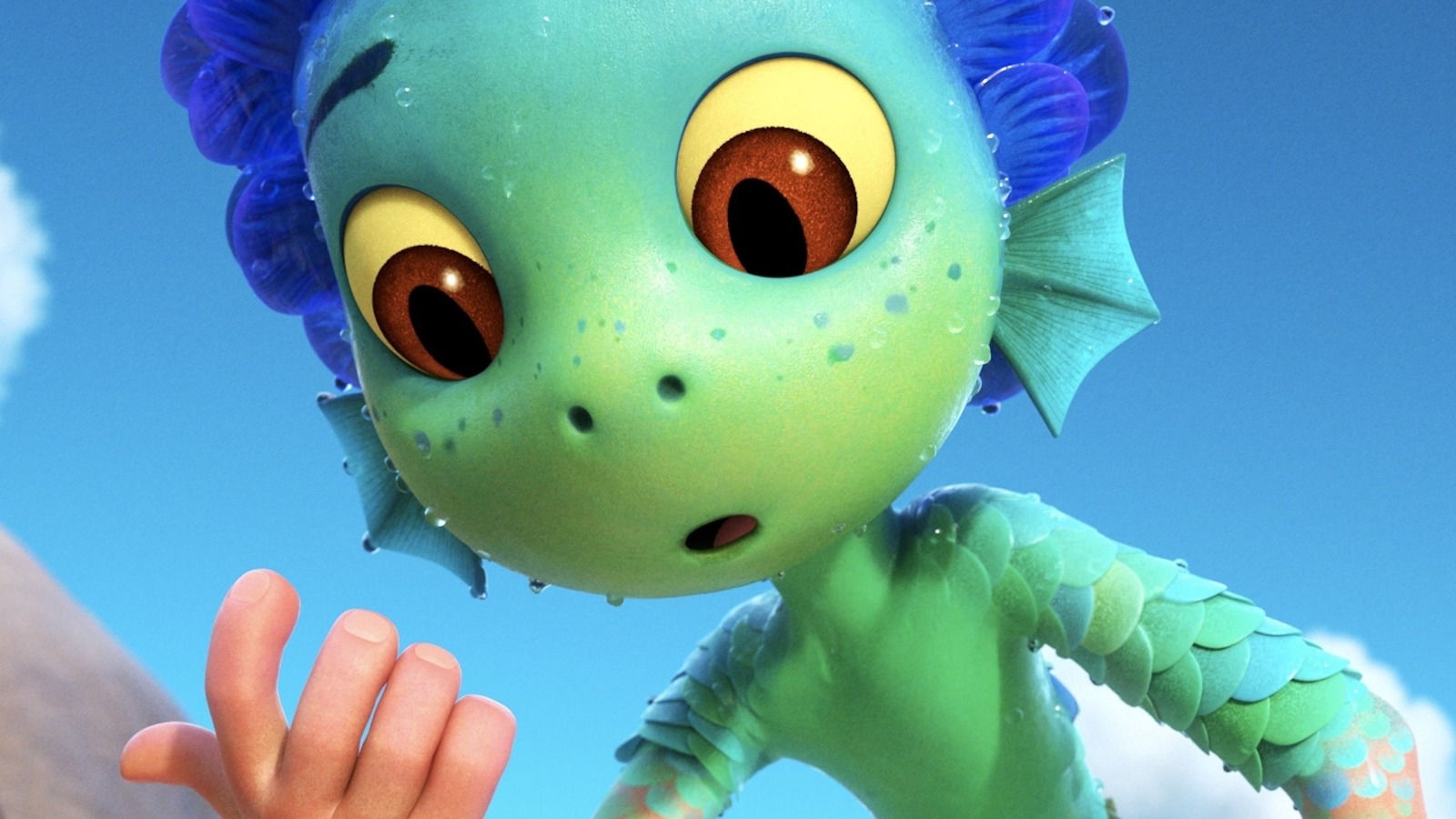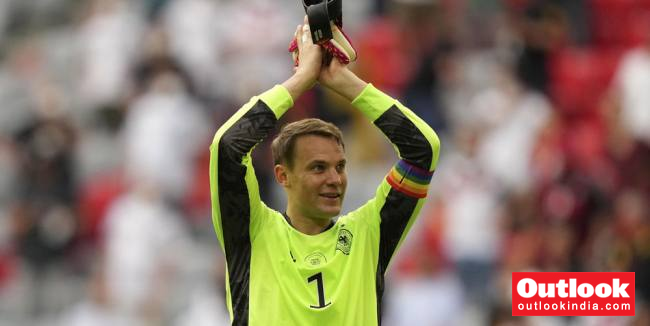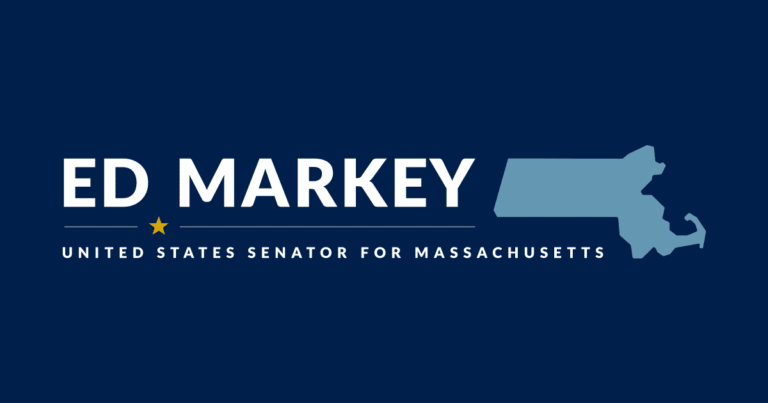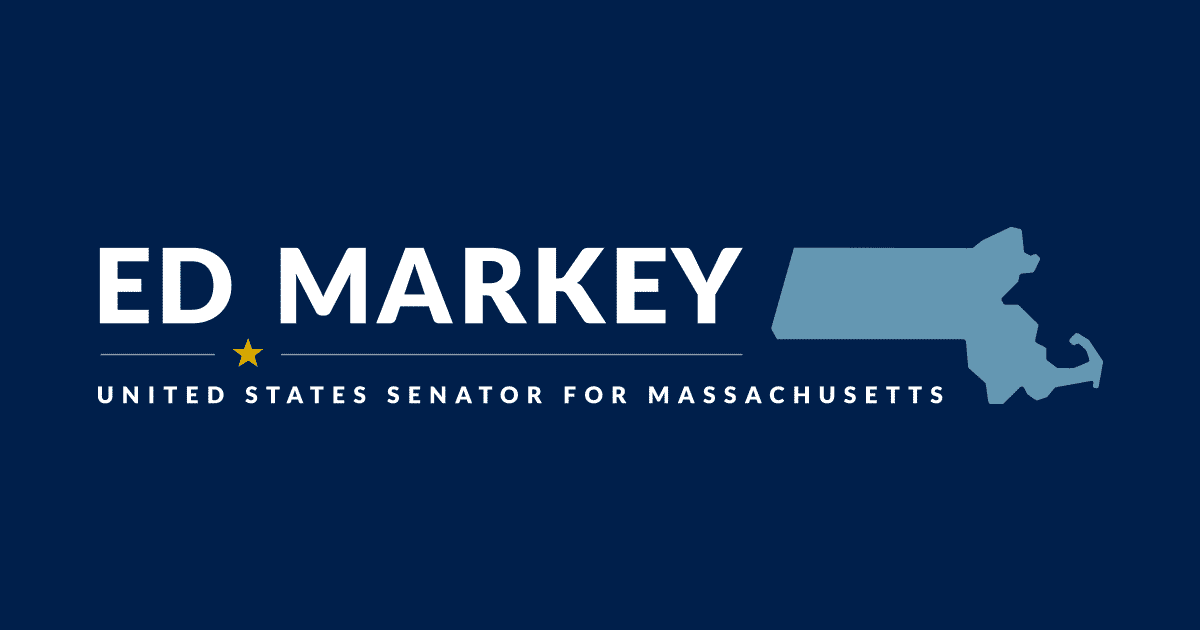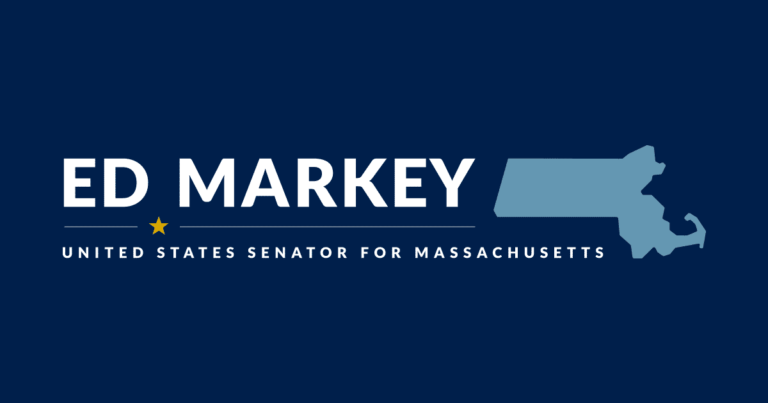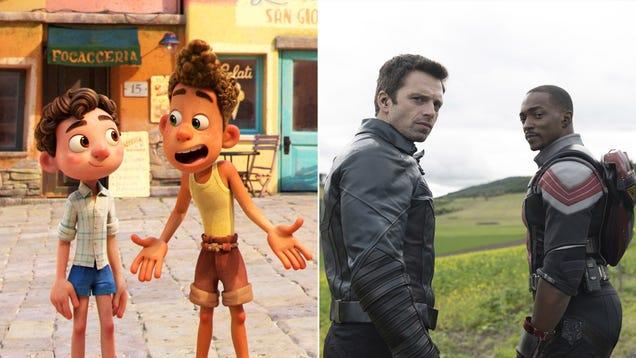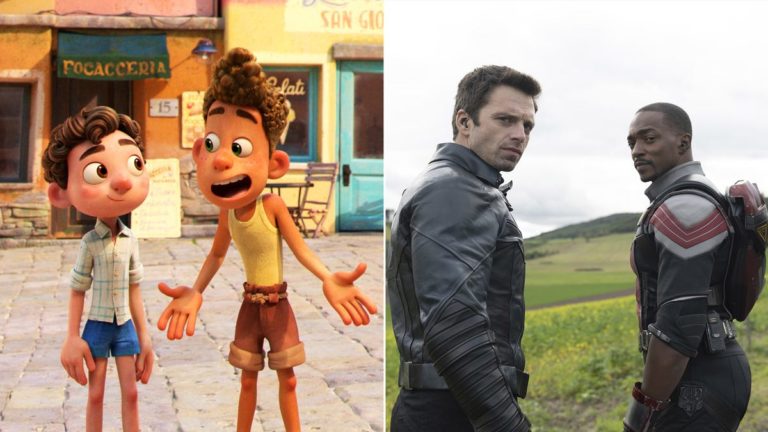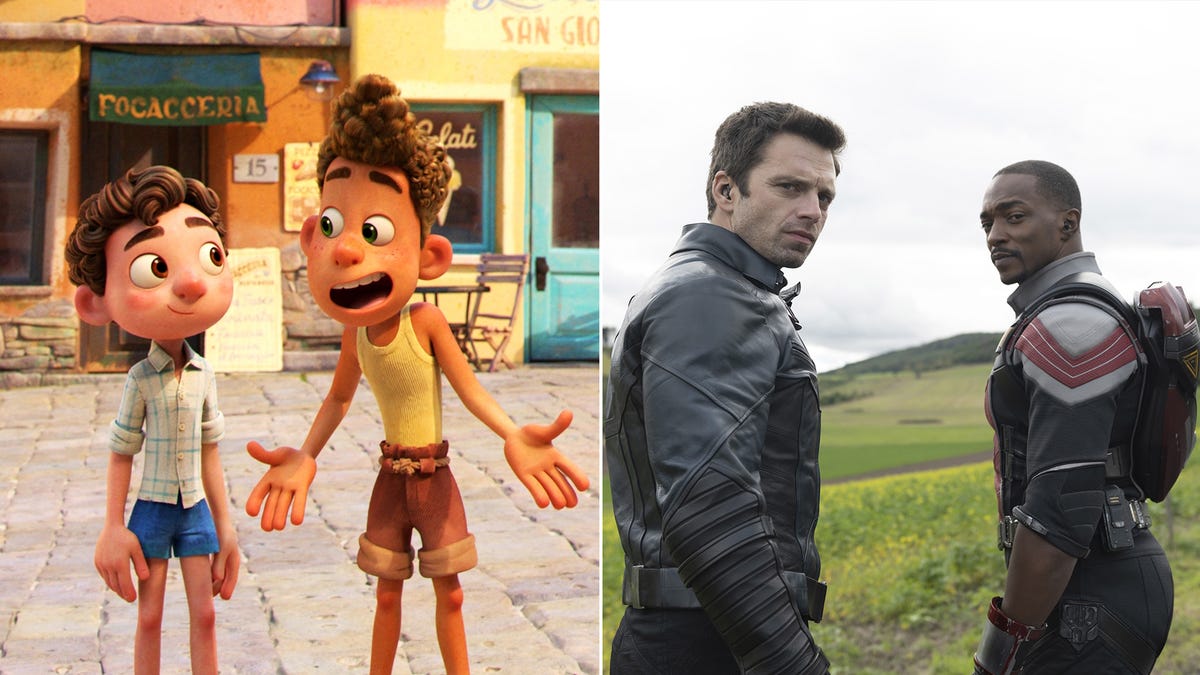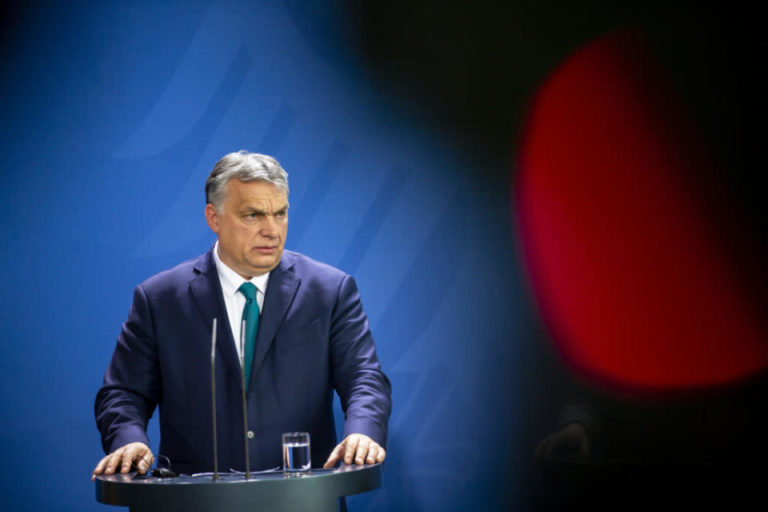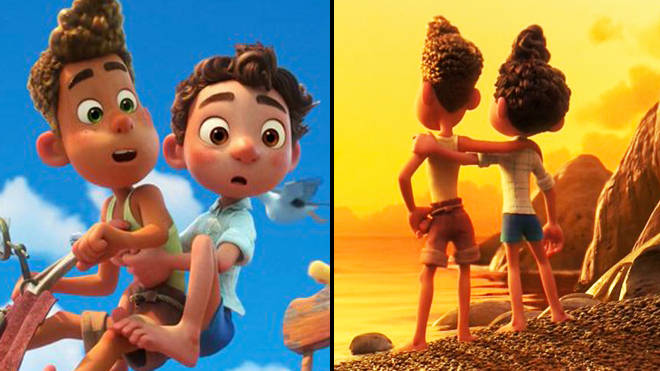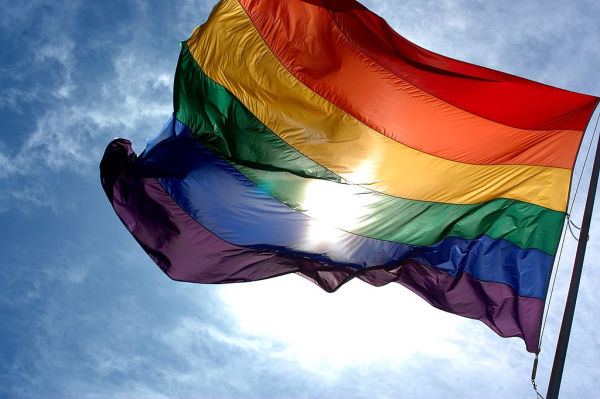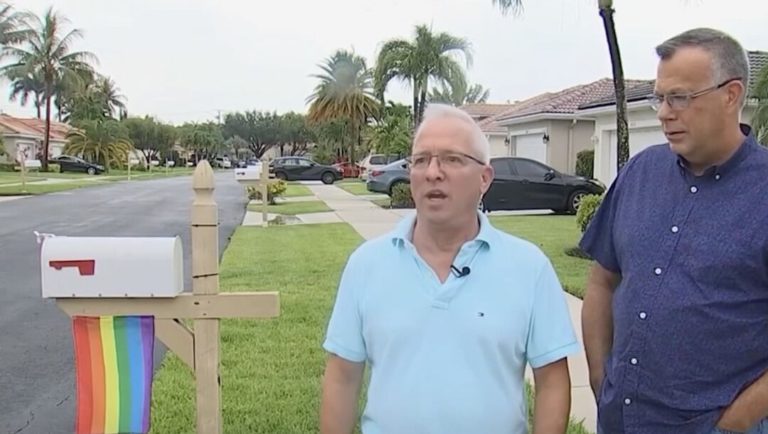This post discusses the plot of Luca.
Anthony Mackie, cover your ears: Luca is gay. While it’s not made explicit, Pixar’s latest—the sun-soaked tale about the transformative friendship between two young sea monsters who disguise their true identity to explore life on land among humans—makes for a rich parable for the queer coming-of-age experience, and one that feels more genuine and more heartfelt than any of the Disney corporation’s meager attempts at “exclusively gay moments” in recent years.
Though the concern Mackie voiced last week, about “the exploitation of homosexuality,” was a direct response to fans ’shipping a romance between his Sam Wilson and Sebastian Stan’s Bucky Barnes in the MCU, it’s hard not to read it as a critique of the broader culture: that LGBTQ+ audiences, in particular, misinterpret certain characters and stories to—in his words—“make themselves relevant and rational.” In that sense, it’s a funny coincidence Mackie’s statement was published the day prior to Luca’s release: Ever since its Call Me By Your Name-esque synopsis was first revealed, it was speculated (sometimes jokingly) that the movie would be gay, or at least a gay metaphor. And, now that it’s available to stream on Disney+, I’m not alone in picking up on a deeper connection within the blossoming friendship of Luca (Jacob Tremblay) and Alberto (Jack Dylan Grazer). So, are we just desperately grasping at straws here, trying to “rationalize” ourselves, by thinking, in some way, that Luca might be reflective or representative of our lives? Is it “exploiting” a film, or a piece of art, to read between the lines of its stated intent, and find our own meaning and sense of connection in it?
According to director Enrico Casarosa—who notably also receives a “story by” credit—Luca wasn’t designed to be a gay allegory. During the press rounds leading up to Luca’s release, journalists have asked the filmmaker about its seeming parallels to Luca Guadagnino’s adaptation of the André Aciman novel Call Me By Your Name. (Even the animated film’s title seems like a nod to the gay romance, a reference to its director.) Both films are set in a seaside Italian village, using the woozy summer heat and salty air as a backdrop to a life-changing connection in an adolescent boy’s life. But Casarosa has chalked the similarities up to coincidence, claiming that Luca is inspired by his childhood growing on the northwestern coast of Italy. Luca’s protagonist is significantly younger than Call Me By Your Name’s—he’s more boy than budding young man—and the film’s story reflects that, never addressing romantic feelings at all, and certainly coming nowhere close to the teenaged yearning of Timothée Chalamet’s Elio.
As Polygon put it in a cheeky but blunt headline: “Sorry, folks, Pixar’s Luca isn’t gay.” During the site’s interview with Casarosa, the director appears to laugh off the assertion: “This was about [Luca and Alberto’s] friendship in that pre-puberty world.” So, sure, what develops between the two young sea monsters isn’t “gay,” but then that doesn’t necessarily mean the movie’s “straight,” either—its story simply exists in a time before those sorts of feelings, romantic or sexual, begin to surface. Casarosa continues, “I was really keen to talk about a friendship before girlfriends and boyfriends come in to complicate things.” It’s an exciting and emotionally complex time in any young person’s life—when kids start to make friends and define who they are, independent of their immediate families—which is why it’s been the crux of many films, animated or otherwise, aimed at family audiences.
What distinguishes Luca, however, is its central conceit: Luca and Alberto are both fantastical creatures of the ocean, fabled and feared by the land-dwellers in the nearby town of Portorosso, despite their clearly peaceful dispositions. When they leave the beautifully rendered depths of their natural habitat, they take on the appearances of humans, allowing them to exist among the townspeople, who are unaware of the boys’ true identities—as long as they don’t get wet. As the two grow closer, daydream about Vespas, befriend a local girl named Giulia, and train to compete in a triathlon, much of Luca’s tension comes from whether or not they’ll be found out, and if the denizens of Portorosso would be so welcoming to people who don’t look or act like them. Luca and Alberto are just trying to fit in and find some sense of belonging in one another; as Casarosa explained to Polygon, “There’s a loneliness at the heart of [Luca] that is filling a void in all these kids because they feel a little bit odd and lonely.”
So Casarosa set out to tell a story about feeling different and the rewarding experience of finding others like you, who understand you. That’s a pretty universal theme that most anyone can relate to at some point in their lives, but it rings especially true for anyone who’s ever been perceived as an other. The boys quite literally have to code switch to move freely throughout Portorosso; the story of Luca could be read as a metaphor for not just sexuality but also gender, race, religion, socioeconomic status, or the experience of any marginalized community, really. If you grew up feeling ostracized, or feeling like you had to hide a part of yourself—just as Luca and Alberto have to hide their scales and fins—it’s likely that Luca’s themes will have a deeper resonance for you.
When Pixar isn’t making us reconsider throwing out old toys, or question a rat’s palate, it’s digging deep into our psyches, anthropomorphizing souls and feelings—one can understand why Luca might be seen as less ambitious by comparison. But, in this writer’s estimation, the more intimate, ground-and-sea-level storytelling is what makes Luca Pixar’s most affecting tale in quite a few years. Though the movie doesn’t spend much time fleshing out Luca’s underwater life, his interior world is immediately clear, especially when human “gadgets and gizmos a-plenty” pique his interest for something more. (Shout out to Ariel.) His family cares for him deeply, but there’s something inside calling out for more, and that something becomes personified when he meets Alberto, a bold and adventurous sea monster whose way of thinking literally expands Luca’s world. The “sea monsters = gay” metaphor doesn’t hold up to scrutiny when you consider that Luca’s own parents, clearly gendered male and female, are also sea monsters. But that subtext is there regardless, and those who grew up closeted or questioning their own sexuality will almost certainly relate to aspects of Luca’s journey.
There are many moments when Luca’s gay allegory is crystal clear. Early on, when Luca shares interest in “the surface,” his parents panic and, after ushering him off to do his chores, his mother (Maya Rudolph) frets to his more oblivious father (Jim Gaffigan), “We’re a little worried about him right?” They want to protect him and fear that, in expressing his truths, Luca may be threatened by those who don’t understand him. Later, after realizing he’s been sneaking to the surface with a new friend, his parents introduce Luca to Uncle Ugo (Sacha Baron Cohen), who offers to take him to “The Deep,” far away from perceived danger because they “know what’s best for him.” It’s an exceptionally silly moment thanks to Ugo’s cartoonish grotesqueries, but it mirrors darker scenes in other queer narratives, the thought that simply removing someone from a situation can “cure” them of their “abnormal” impulses. Then there’s Alberto—a little bit taller, a little bit older, and confidently moving through the world in a way Luca’s only dreamed of. It’s easy to see why he’d be infatuated, even on a platonic level. As the two stargaze and bond over their love of “human stuff,” Luca has Fellini-esque daydreams, riding a Vespa across a colorful countryside, his arms wrapped around his new friend. Their connection is innocent and simple, but the gleeful giggle he lets out while lying in bed, reflecting on his day of fun with Alberto, feels like the familiar early sign of a developing crush.
But where Luca’s subtext really becomes text is in a pivotal scene before its final act, when Alberto “outs” himself as a sea monster. The friends have been thriving in Portorosso, but living a lie is starting to weigh on them. Luca is almost caught by his parents (also disguised as humans, worried about their boy), and the slightly older town hot-shot Ercole Visconti is starting to get suspicious. (Whether he’s the latest in a long line of queer-coded Disney villains, or just exceptionally European, is another essay for another time.) Even more distressing is that Luca and Alberto seem to be growing apart—or, at least, they both express hopes for a different future. Alberto wants to stick to their plan, to win a Vespa so they can ride off together and live life openly, away from the threat of being found out. Luca, on the other hand, is growing accustomed to life in disguise and would rather continue living the lie so he can go to school. Their shared secret has brought them close, but now their diverging dreams and fears have them at a crossroads. Out of frustration, Alberto reveals his true identity in front of Giulia, Ercole, and the bully’s lackeys, but, instead of standing by his companion, Luca points the finger at his friend, too: “Sea monster!” It’s a heartbreaking moment, and one that speaks to the hurtful places some young queer kids have gone to hide their own truths. Performed homophobia as a defense mechanism is not uncommon when we’re conditioned to feel shame for who we are, and to see it play out between Luca and Alberto—even as a murky metaphor—is achingly poignant.
It’s worth mentioning that we’re wading into some tricky waters, that it doesn’t feel particularly appropriate to pontificate on the sexuality of characters who are minors—fictional and animated, yes, but still adolescents. But that’s where we run into the larger issue with Disney’s “exclusively gay moments” thus far, and the way society often talks about sexuality. In most cases, these characters are only queer in so far that they’re seen with, or make mention of, a same-sex partner. There’s so much more to queerness, and any individual’s exploration of their own relationship to queerness, than sex, sexual experimentation, and romance. Luca can operate as a successful queer coming-of-age allegory without its protagonist falling in love with his new friend. To quote my colleague Katie Rife’s piece on Cruella’s glam-rocker character Artie: “Romantic love is but one of the many types of relationships that make up a full life, and a queer person doesn’t need to be partnered for their queerness to be valid.” On that front, Artie actually succeeds where previous LGBTQ+ Disney characters have not: Unlike LeFou, seen momentarily dancing with another man at the end of Beauty And The Beast, or Onward’s Cyclops cop, who refers to her unseen girlfriend back home, his queerness isn’t defined by his relationship to someone else.
That’s where Luca succeeds, too: The movie doesn’t end with Luca and Alberto as a couple, now comfortable living openly as their sea monster identities in Portorosso—again, these are pre-pubescent boys, a partnered relationship doesn’t even cross their minds, nor should it. Instead, the two head their separate ways, having made a lasting impact on each other’s lives, both more sure of who they are and what they want, all because their connection gave them the space to dream of a future where they’re not so alone. Does that then mean that Luca isn’t gay, as Polygon reports? It shouldn’t have to. Casarosa set out to tell a story about the transformative power of friendship, and, in doing so, Luca teaches the value of surrounding yourself with people who accept you for who you are—a chosen family, if you will. (To continue the metaphor, that makes Giulia a welcome ally.) Queer or not, hopefully young moviegoers can see something of themselves in Luca and feel less alone.
Which brings us back to Anthony Mackie’s thoughts on “SamBucky” ‘shippers, and his apparent concern that guys can’t just be friends anymore “because something as pure and beautiful as homosexuality has been exploited by people who are trying to rationalize themselves,” whatever that means. If you enjoyed The Falcon And The Winter Soldier and found hints of a spark between Bucky and Sam, or recognized the signs of a burgeoning queer friendship between Luca and Alberto, and viewing those works in such a way gives you a deeper understanding of them, then who can question that? If the subtext you picked up on gives you a greater appreciation of the text, shouldn’t that be welcomed?
This idea Mackie expresses, that the intent and purpose of something has been “twisted and convoluted,” seems to challenge the idea of what art is supposed to be—that the way a viewer, personally, feels drawn to something can be incorrect because it doesn’t align with the artist’s aims. All of this is not to attack Mackie, who appears to have tripped over his own words; his deeper point seems to be that there’s just as much value in representing “sensitive masculine figure[s]” in pop culture, and that young audiences could stand to see more healthy relationships between cis, straight men. A fair point. (And be fairer still, Mackie is probably tired of fans tweeting SamBucky hentai drawings at him.) But the sting of Mackie’s comments have lingered, largely because they come after a long line of “gay” Disney characters that barely scratch the surface of queerness, and seem to exist just so the company can pat itself on the back. Maybe LGBTQ+ audiences wouldn’t be so thirsty for some Sam Wilson-Bucky Barnes action if we were actually seeing gay superheroes elsewhere in our blockbusters, if there were a diversity of queer characters included in mainstream pop culture that didn’t feel like afterthoughts.
Despite what Mackie said, regardless of Casarosa’s intent, if you viewed Luca as a queer allegory—and, in doing so, it enriched your understanding of the Pixar film, and maybe even the way you look back on your own coming-of-age story—embrace that. You didn’t view the movie, or the series, or the piece of art wrong; you didn’t twist or convolute anything. What it means to you is what it means to you, and nobody can touch that. So, yeah, those sea monsters are gay.


